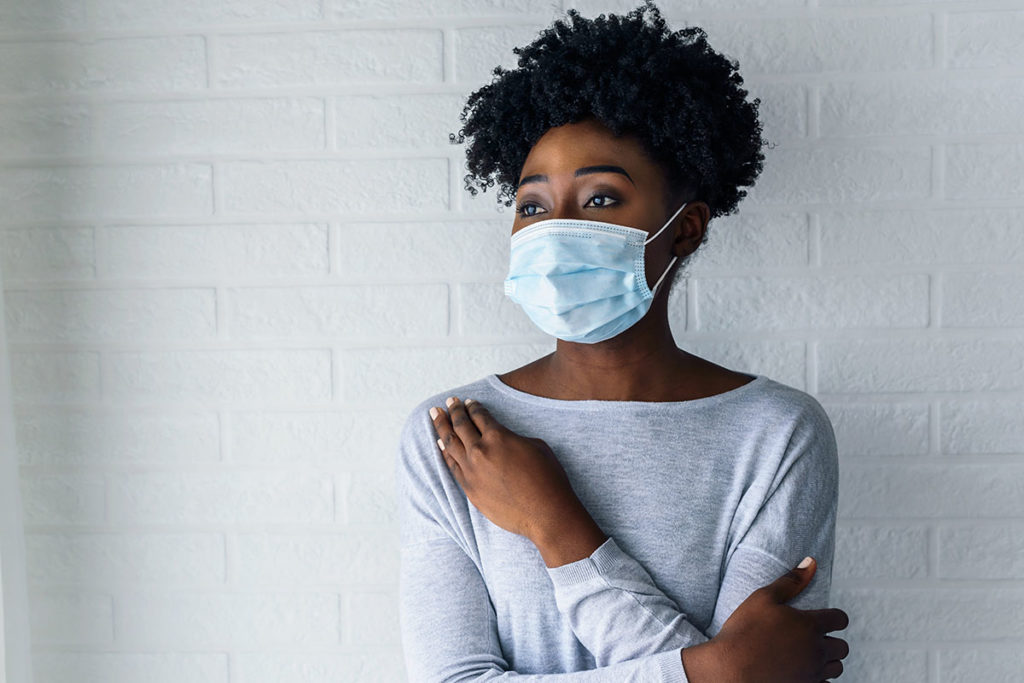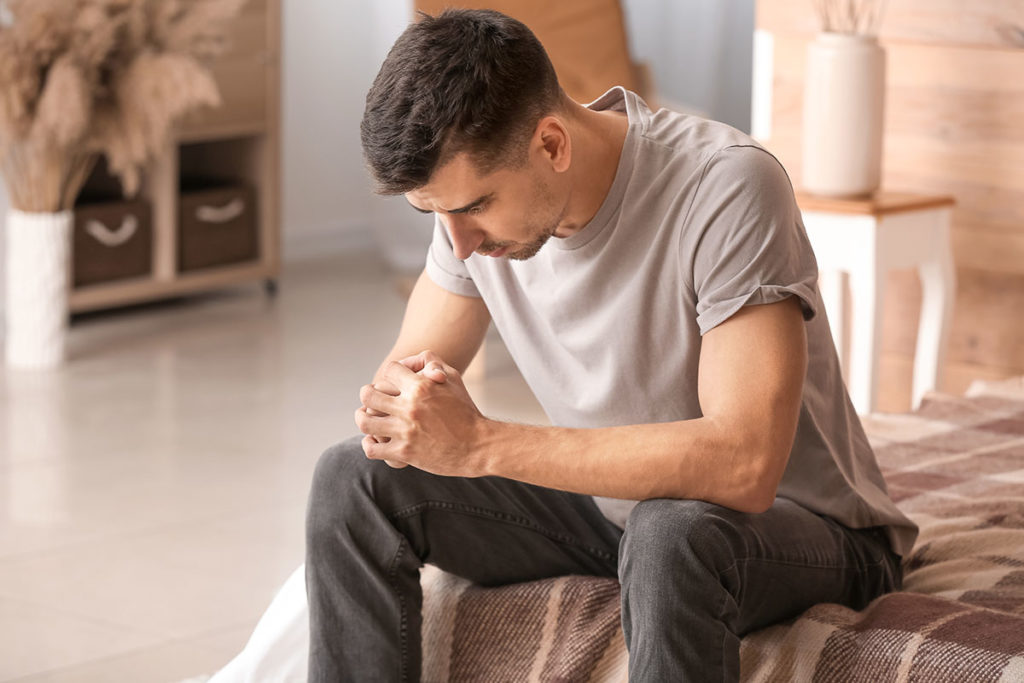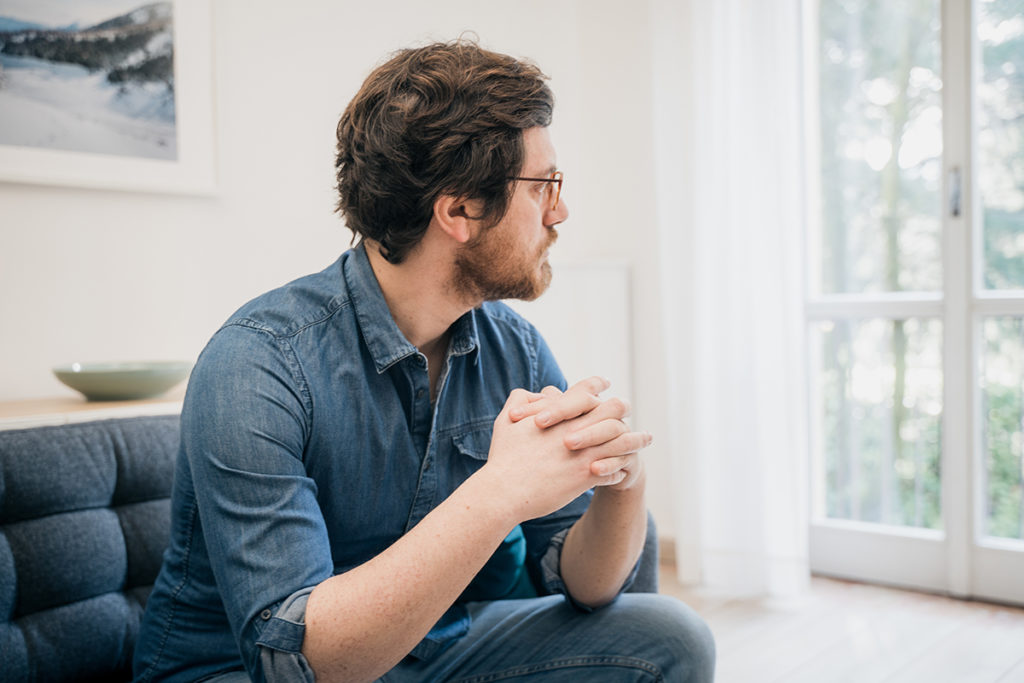Living with chronic depression is something that millions of people do every day. They struggle with frequent bouts of sadness and hopelessness along with physical symptoms, and nothing seems to help. Symptoms can be mild to severe and may cause the person to turn to drugs and alcohol to feel better, which can lead to a substance use disorder. However, depression is a common mental health condition that’s treatable through a combination of therapies and medication.
The Right Step is a full-service mental health treatment center that welcomes those living with chronic depression and ready to try something new. We’ve experienced treating all types of depressive disorders, from chronic depression to major depressive disorder (MDD), bipolar disorders, and other types of treatable conditions. Our programs are tailored to treat your unique symptoms and include medication-assisted treatment (MAT), behavioral therapy, and several holistic therapies. If our depression treatment program sounds like it can benefit you or a loved one, call 17135283709 today to speak with our team and schedule a consultation.
What to Know About Chronic Depression
Chronic depression—sometimes referred to as persistent depressive disorder (PDD) or dysthymia—is a long-term type of depressive disorder with symptoms that are less severe than other related conditions. It can last up to two years or longer and significantly affect your ability to function and keep up with everyday tasks.
Some of the common symptoms of chronic depression include:
- Persistent sadness or low mood
- Feelings of hopelessness, pessimism, or despair
- Difficulty concentrating or making basic decisions
- Trouble recalling past events
- Fatigue
- Insomnia
- Social withdrawal
Researchers are still studying the cause of chronic depression, but they believe brain chemical imbalances, hormonal changes, and genetics play a role. If your parents have a history of depression, you’ll be more likely to develop the same or worse symptoms. Other factors that can contribute to depression include chronic stress or illness, low self-esteem, negative thinking, trauma, and substance use disorders.
While there’s no cure for depression and other mental health conditions, there are several treatment methods that can treat the symptoms of chronic depression.
Recognizing the Signs of Depression
If you suspect a friend or loved one is living with chronic depression, you should be familiar with the signs of depression. Recognizing these signs can help you better understand what they’re going through and how you can help.
Behavioral Signs
If a person is living with chronic depression, they’ll experience several symptoms that’ll cause them to withdraw from social events and interact with others. You’ll notice a drop in productivity, and they may have trouble keeping up with work, school, or personal responsibilities. They’ll significantly procrastinate or feel overwhelmed by everyday tasks.
Psychological Signs
They’ll have difficulty concentrating and making decisions, have memory issues or trouble focusing on basic tasks, and experience negative thinking that doesn’t go away. They may also experience:
- Low self-esteem
- Feeling hopeless or guilt-ridden
- Feeling irritable and intolerant to others
While chronic depression isn’t as severe as other types, it can cause serious psychological harm.
Physical Signs
These signs are more easily recognizable if you know what to look for. They include feeling fatigued or having low energy, experiencing insomnia or trouble falling asleep, changes to your appetite and weight, and other physical signs such as aches and pains and stomach issues.
If the depression is left untreated, it can lead to worsening symptoms, thoughts of suicide, fantasies about death, and suicidal attempts.
Enroll Today in Our Depression Treatment Program at The Right Step
The Right Step offers detox, residential, and outpatient treatment programs to see you through every step of the recovery process. A professional therapist will sit with you and get to know the real reasons behind your depression and use various therapeutic techniques for treating the disorder.
If you’re living with chronic depression and need help, fill out our online form or call 17135283709 today to schedule a consultation at a location near you.






